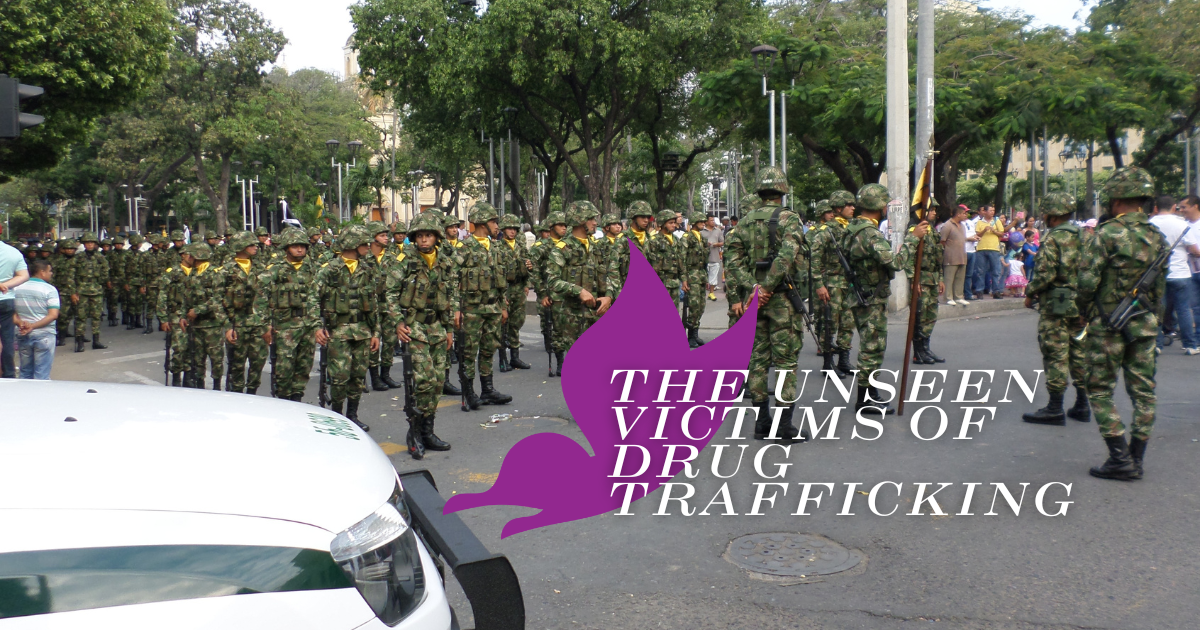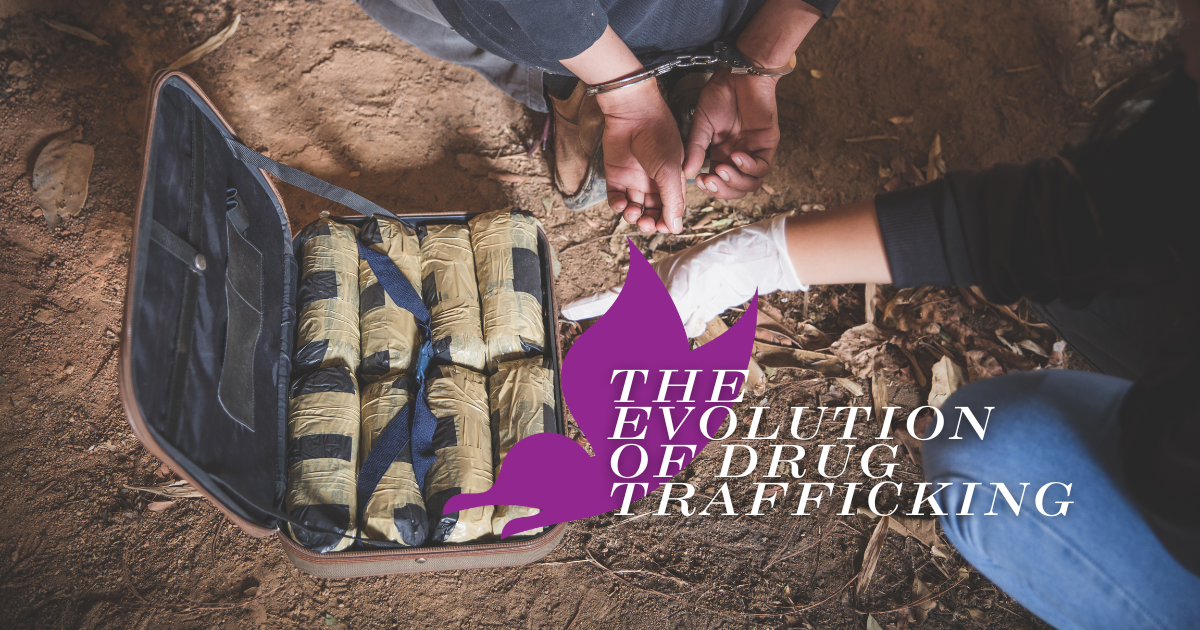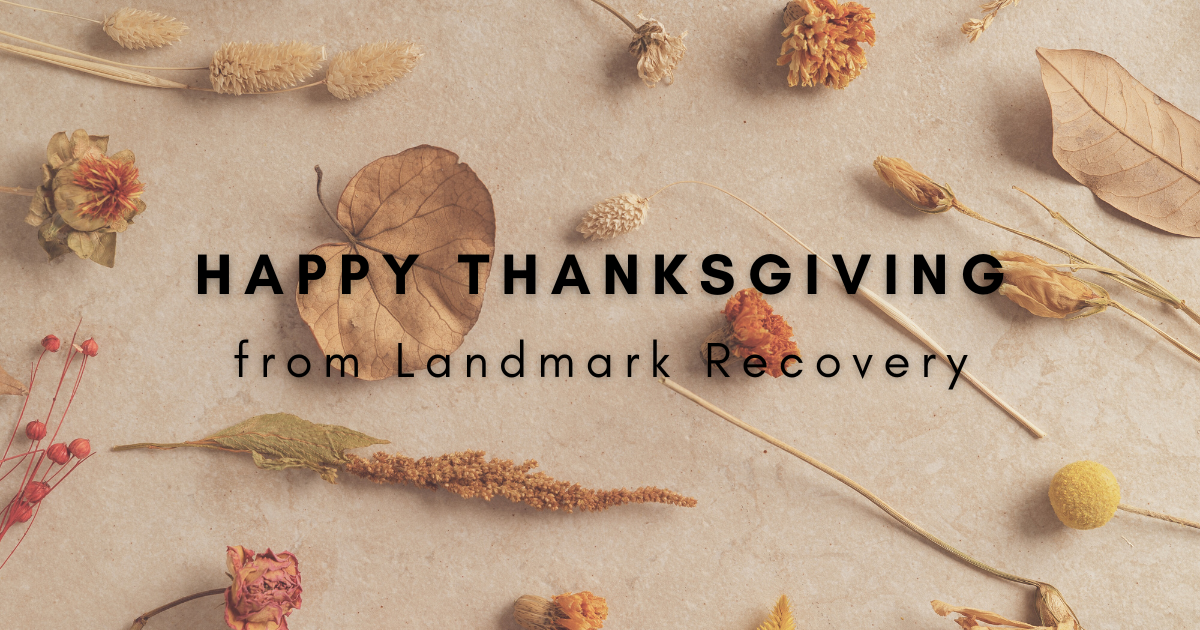In many ways, we are in a new era of our nation’s addiction epidemic. Currently, drug abuse is killing 250 people per day, or one person every five minutes. In 2020 alone, drug overdoses claimed the lives of 93,000 people – the most ever recorded in a single year. According to the 2019 National Survey on Drug Use and Health, alcohol use disorder (AUD) currently affects 14.5 million people in the U.S. ages 12 and older.
Despite all of this evidence, we really have not changed the way we talk about addiction; this includes many therapists and other mental health professionals. And it goes without saying that the result has been deadly.
A recent 2021 journal article published by Neuropsychopharmacology, “Choosing Appropriate Language To Reduce The Stigma Around Mental Illness And Substance Use Disorders,” identified that labels like “addict,” “alcoholic,” “druggie,” “meth-head” are incredibly damaging. Even though these individuals are sick people who are chemically and physically affected by a mental disease, labels are contributing to society’s belief that these individuals are “bad” people and, worse, creating a hurdle for them to receive treatment.
How are labels perpetuating addiction and preventing treatment, exactly? Labels and stigma create a sense of shame, which may influence an individual’s willingness to ask for help and or go to treatment for fear of how they will be perceived. Yet, even for those with mental illness who do seek help, it is probable they will not receive or be referred for appropriate treatment due to bias – yes, bias – among medical professionals and mental health service providers.
In a study of doctoral-level clinicians in mental health and addiction conducted just over ten years ago, Harvard researchers found that mental health and addiction professionals were more likely to favor a prison sentence for patients who were referred to as “substance abusers.” For those who had “a substance use disorder,” however, medical professionals favored addiction treatment. These different diagnoses are night and day!
Here is further proof of the systemic impact: Across the board, nearly 90% of people with substance use disorders (and 35% with serious mental illness) did not receive treatment in 2019 according to data from the National Institute on Drug Abuse. Even with the awareness of and highly publicized opioid crisis, and three well-known medications to treat opioid use disorder (OUD), only 18% of people with OUD in 2019 received medication to treat it. Alcohol use disorder (AUD) treatment rates in 2019 were even lower at 7.6%.
We cannot afford negative words and perception costing our family members, friends, neighbors, and employees the help and treatment that they need, possibly even their lives. Addiction is treatable, which means recovery is within reach for everyone. That is the bottom line!
The words we are choosing to use when we talk – and think! – about alcoholism and drug abuse are contributing to the national vocabulary about mental health and addiction. But, more importantly, our words are shaping our ability to respond rationally and with understanding to those in our lives who are impacted by addiction. Addiction touches every corner of our nation, and it does not discriminate based on gender, race, social class, or religion.
I think the Neuropsychopharmacology study said it well:
“Language plays a major role in shaping people’s thoughts and beliefs, and scientific communication can sometimes be an inadvertent vector of harmful stereotypes and assumptions. Utilizing scientifically accurate language and terms that centralize the experience of patients who experience psychiatric conditions and that validate their worth can positively affect how they are treated within healthcare and in society more generally.”
Re-shaping the narrative must take place both externally and internally. And both influence the other.
The most obvious way to re-shape the narrative is to address the way we communicate outwardly. External stigmatizing can look like calling someone an “alcoholic” or “druggie,” or even referring to someone in recovery as “clean” or “dirty.” A healthier perspective and vocabulary include referring to someone struggling with a substance as “a person with an alcohol use disorder (AUD)” or “a person with an opioid use disorder (OUD).” These descriptors allow us to see them as a person rather than labeling them for what they do.
Addressing our internal stigmatizing is just as important. This looks like recognizing and owning our own harmful thoughts and beliefs about mental health and addiction. The belief that faith or religion, for example, is the simple answer for treating addiction is both debilitating and dangerous. Another example is the belief that medication to treat mental health or addiction disorders is a sign of weakness. Both need to be addressed and replaced with accurate, evidence-based information.
This is 2021, not 1991, and our words should reflect this. Our words have power and far-reaching implications. We can change the narrative around drug abuse, alcoholism, and addiction! It will look like recognizing those with substance use disorders as people and, just as important, empowering them to receive treatment, find recovery, and live with renewed purpose.




